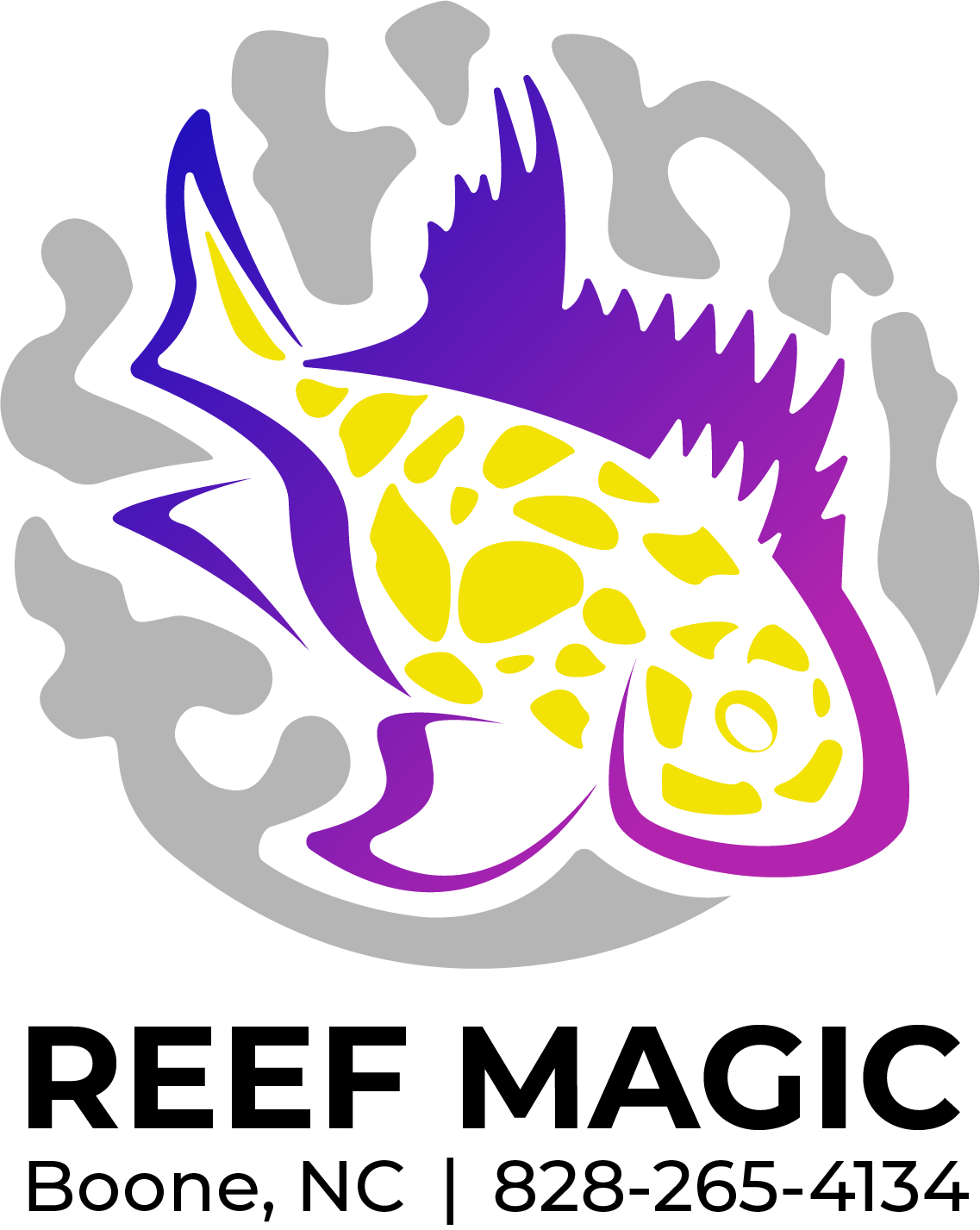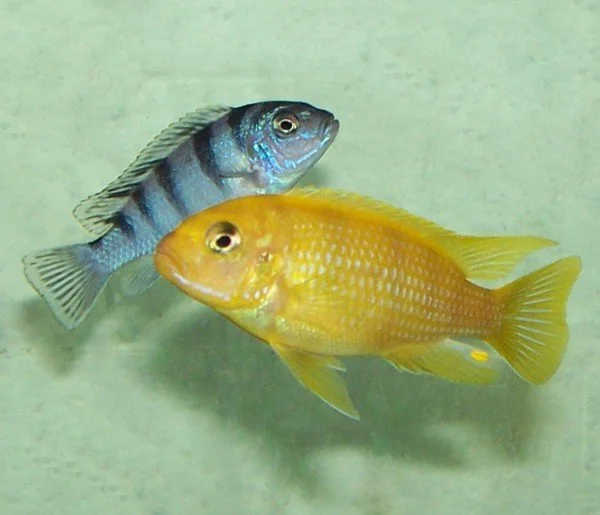 Image 1 of 1
Image 1 of 1


African - exasperatus
1. Tank Setup:
Cichlids come from various habitats, so it's important to research the specific requirements of your cichlid species. However, most cichlids prefer a spacious tank with hiding spots created using rocks, caves, and driftwood.
Use fine gravel or sand substrate, as many cichlids like to sift through the substrate in search of food.
2. Water Parameters:
Water temperature: Most cichlids thrive in water temperatures between 75°F and 82°F (24°C to 28°C).
pH level: Cichlids have varying pH preferences depending on the species. Research the optimal pH range for your specific cichlid.
Hardness: Cichlids typically prefer slightly hard to moderately hard water.
3. Filtration and Water Quality:
Cichlids can be messy eaters, so a strong filtration system is essential to maintain good water quality. Regular water changes are also important.
4. Diet:
Cichlids are omnivores, meaning they eat both plant matter and protein-based foods. Provide a varied diet that includes high-quality pellets, flakes, frozen or live foods like brine shrimp, bloodworms, and vegetables.
5. Tankmates:
Some cichlids are more aggressive than others, so it's crucial to choose tankmates that are compatible in terms of size, temperament, and habitat preferences.
Avoid keeping overly aggressive or territorial fish together, as it can lead to stress and conflicts.
6. Behavior and Territoriality:
Cichlids are known for their unique behaviors, which can range from digging and rearranging substrate to establishing territories and displaying vibrant colors during mating or territorial disputes.
Provide plenty of hiding spots and separate territories if you're keeping multiple cichlids in one tank.
1. Tank Setup:
Cichlids come from various habitats, so it's important to research the specific requirements of your cichlid species. However, most cichlids prefer a spacious tank with hiding spots created using rocks, caves, and driftwood.
Use fine gravel or sand substrate, as many cichlids like to sift through the substrate in search of food.
2. Water Parameters:
Water temperature: Most cichlids thrive in water temperatures between 75°F and 82°F (24°C to 28°C).
pH level: Cichlids have varying pH preferences depending on the species. Research the optimal pH range for your specific cichlid.
Hardness: Cichlids typically prefer slightly hard to moderately hard water.
3. Filtration and Water Quality:
Cichlids can be messy eaters, so a strong filtration system is essential to maintain good water quality. Regular water changes are also important.
4. Diet:
Cichlids are omnivores, meaning they eat both plant matter and protein-based foods. Provide a varied diet that includes high-quality pellets, flakes, frozen or live foods like brine shrimp, bloodworms, and vegetables.
5. Tankmates:
Some cichlids are more aggressive than others, so it's crucial to choose tankmates that are compatible in terms of size, temperament, and habitat preferences.
Avoid keeping overly aggressive or territorial fish together, as it can lead to stress and conflicts.
6. Behavior and Territoriality:
Cichlids are known for their unique behaviors, which can range from digging and rearranging substrate to establishing territories and displaying vibrant colors during mating or territorial disputes.
Provide plenty of hiding spots and separate territories if you're keeping multiple cichlids in one tank.






